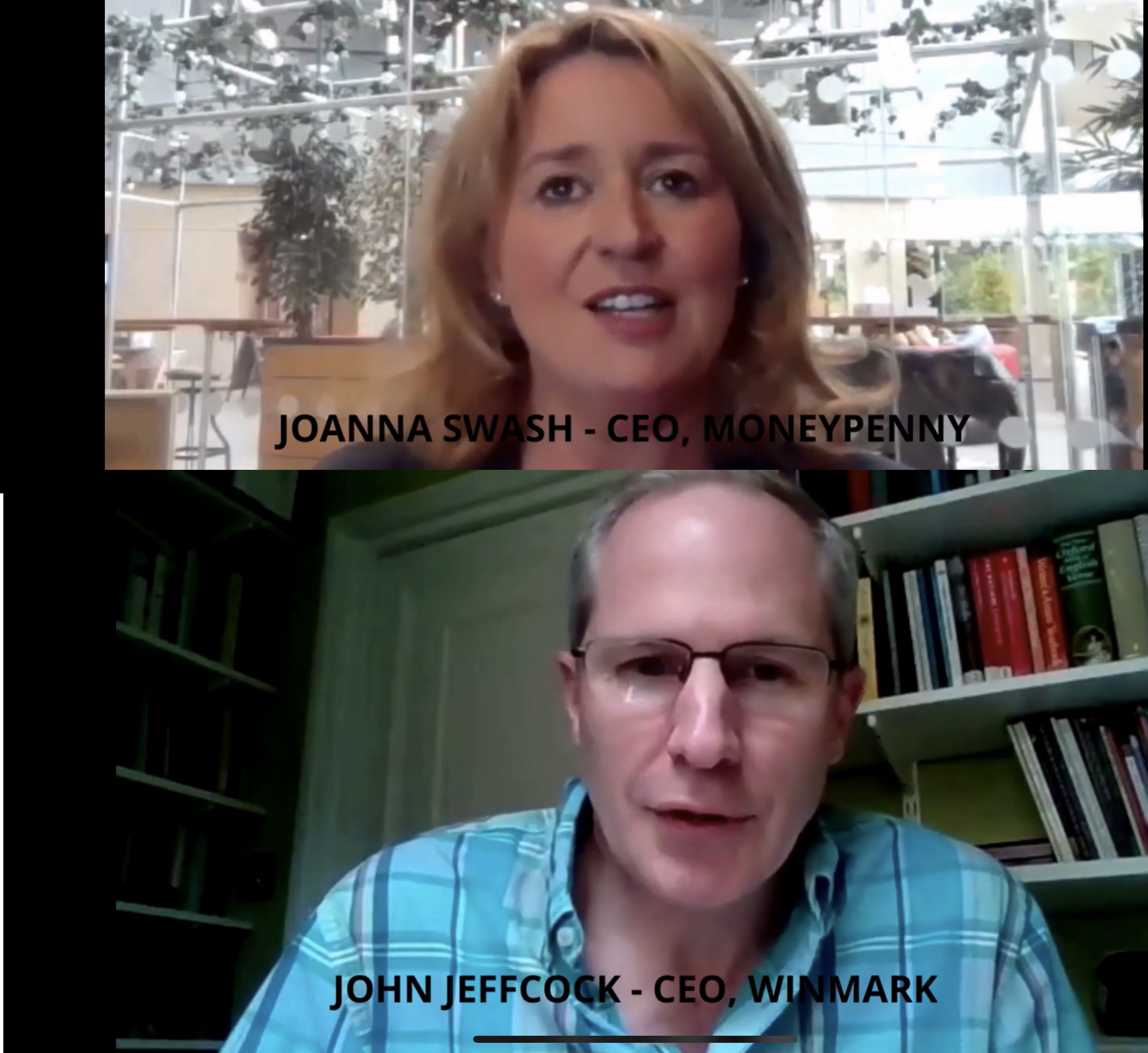Can the Chief Time Officer combat weapons of mass distraction? According to Scoro, yes.
“Never seem to find the time,” sang Pink Floyd. Time; some call it the enemy; some call it money. In the movie ‘In Time’, starring Cillian Murphy, Justin Timberlake and Amanda Seyfried, everything costs time. In this dystopian story, we have learned the secret to immortality, but we have to earn it. We are all born with 25 years of life, to extend our life further we have to make time — we are paid in units of time for our labour, and everything costs time, from a cup of coffee which costs a few minutes to a fancy car which costs 59 years.
What about work? How much time do we spend actually working? How much time do we spend doing non-productive stuff — you know, unimportant emails, pinging phones, firefighting?
Things that happen which distract us from doing the things we are supposed to do.
“Why won’t this app accept my password? What a waste of time!”
These are what software company Scoro calls Weapons of Mass Distraction.
Maybe, in another era, it didn’t matter so much. Maybe we only have a limited ability to really focus our attention and energy in a day. Those who we call knowledge workers or brain workers might be physically unable to fully exercise their brain nine to five.
Before the pandemic, though, we had to be seen to be doing — and maybe weapons of mass distraction were a welcome, well distraction.
To get our mental juices working, to experience that crescendo of creativity — a kind of rapture of inspiration — we might need to first go for a walk, practice yoga, or have a coffee. We don’t have to be sitting at a desk.
So, we were measured by our presence — presenteeism was the means by which management managed.
What matters, though, is the end output.

The Chief Time Officer
Scoro reckons we need a Chief Time Officer — especially agencies or consultancies, where knowledge and the brainpower of workers are their biggest assets.
“Every company has a CFO or accounting person, or financial controller, always someone managing their money,” says Fred Krieger, founder and CEO of Scoro.
“They have detailed knowledge of how much they are spending, right down to the coffee level.
“At the same time, with a company in the business of selling time, such as a consultancy, they are far from being as precise about their time as they are about money.”
This suggests Scoro is where the Chief Time Officer comes in. “We have created a framework for managing your time as granular as you would manage your money,” says Mr Krieger.

Frees up time
Scoro says that technology should make us more focused, not busier. It says: “We believe that you don’t need dozens of apps,” and “by bringing structure to our lives, we can bring freedom to our lives.”
Freedom is just another word
“Freedom is just another word for nothing left to lose,” wrote Kris Kristofferson. But the last thing we want to lose is time, it is the one thing we can never get back, and maybe true freedom is having time. So managing it more effectively, overcoming weapons of mass distraction, with the help of Chief Time Officers is vital for happier employees making better use of their time for their employer and themselves.
One thing is for sure, in the Post-Covid world, we will look at things differently. Presenteeism may be a casualty; time will remain the most valuable of all commodities. Pink Floyd talked about “Plans that either come to nought or half a page of scribbled lines.” if technology can make those plans real, well, that would be worth spending some time planning for.







Related News
Tesla — has the bubble burst, or is it still a disruptor?
Jan 10, 2023
Unstructured data, super.AI and putting humans in the loop
Apr 21, 2022
ESG isn’t about ethics; it’s about profit — is that right?
Mar 30, 2022